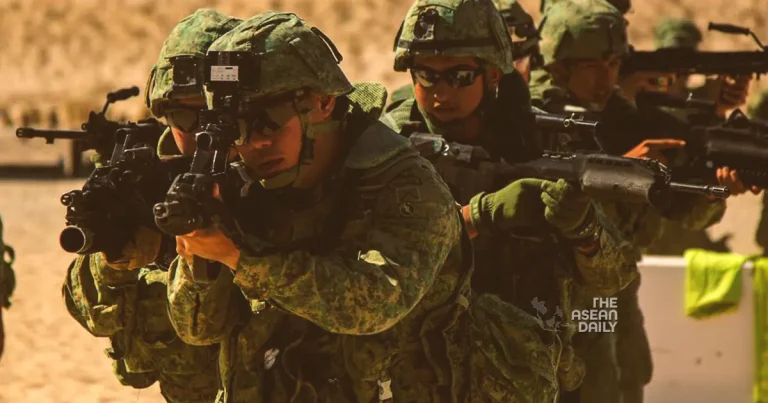29-2-2024 (SINGAPORE) Defence Minister Ng Eng Hen emphasized the need for continued investment in the Singapore Armed Forces (SAF) to deter aggression against Singapore, citing the increasing global conflicts and risks. During the debate on the Ministry of Defence’s budget, Dr Ng stated that the Republic would maintain military spending at around 3% of the gross domestic product (GDP) over the next decade, provided there are no conflicts or wars.
Dr Ng announced several updates to the SAF’s platforms, including the acquisition of eight F-35A fighter aircraft by the Republic of Singapore Air Force (RSAF) to complement the 12 F-35Bs previously purchased. He highlighted ongoing conflicts such as the Russia-Ukraine conflict and concerns over the Israel-Hamas conflict spreading beyond Gaza. Additionally, he mentioned the de facto trade war between the US and China and the potential clash between the two countries over Taiwan.
Dr Ng acknowledged that the risk of regional and global conflicts has changed from being unlikely to being “non-zero.” He emphasized that Singapore cannot rely on another country’s assistance in the event of an invasion and stated, “If Singaporeans will not or cannot defend Singapore, there is no backstop.”
The Ministry of Defence’s budget for the coming financial year is projected to be $20.2 billion, representing a 2.5% increase from the previous year. Despite the nominal increase in defence spending, the share as a percentage of GDP has been declining due to faster economic growth. Defence spending currently stands at 3% of GDP, down from 5% two decades ago.
Dr Ng highlighted the importance of consistent and sustained investment in defence, which has allowed Singapore to maintain its defence capabilities without compromising its economic growth. He mentioned the long-term investments that have yielded results, such as the evaluation and subsequent purchase of F-35 aircraft by the RSAF and the development of the Invincible-class submarines for the Republic of Singapore Navy.
In addition to hardware investments, Dr Ng emphasized the significance of investing in infrastructure to enhance training capabilities for national servicemen and regulars. He mentioned ongoing projects like the Safti City Phase 1 and instrumented battle circuits in Singapore, as well as the expansion of the Shoalwater Bay Training Area in Australia.
Dr Ng expressed gratitude to Members of Parliament for their consistent support of the defence budget and stressed the importance of prioritizing security for progress. He concluded that the SAF’s strength lies in its people and the investments made to train them effectively and realistically.




